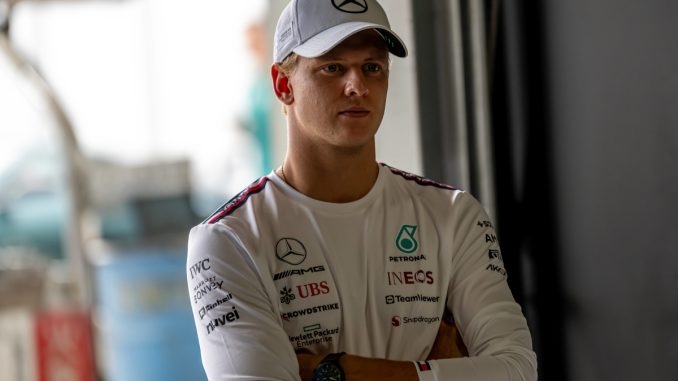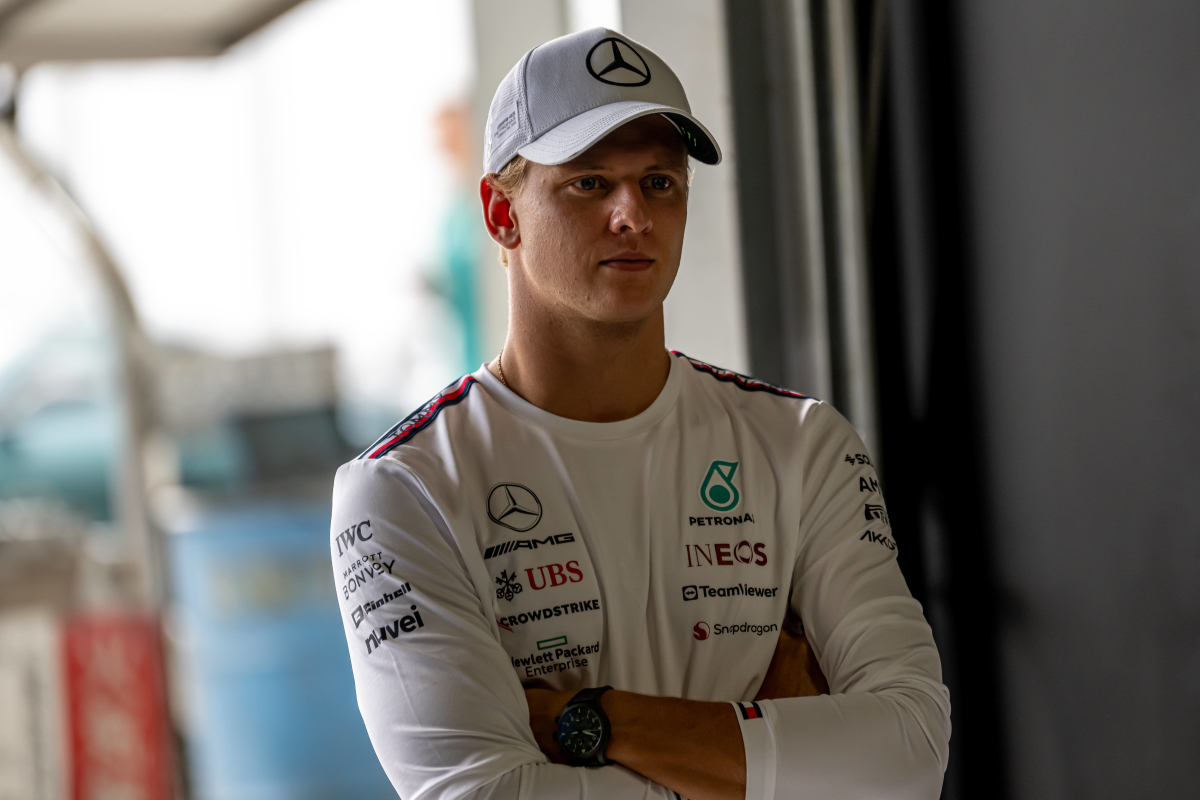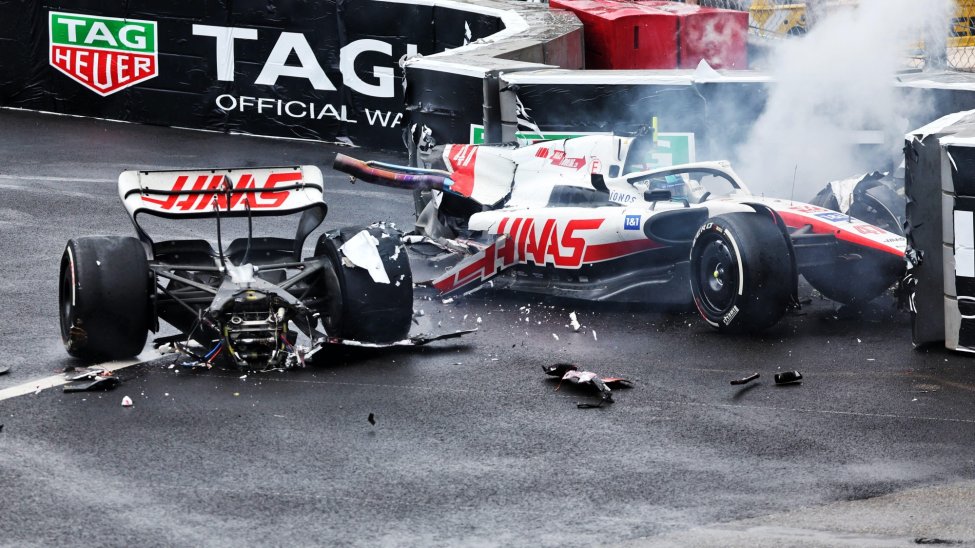

Mick Schumacher is one of the most paradoxical drivers in modern day F1.
Despite having been without a race seat since the end of the 2022 season, the German remains a fan favourite and is undeniably popular.
A host of high-profile names have sung his praises, including Red Bull adviser Dr Helmut Marko, who recently said it would be “incomprehensible” for Stake to give Valtteri Bottas the nod over Schumacher for 2025.
The likes of Toto Wolff and Jean Todt have spoken very highly of the 25-year-old, too, insisting that he “deserves” a seat in F1.
Admittedly, it is hard to argue against their wealth of knowledge and experience, considering the levels of success both have enjoyed in Formula 1.
However, none of that changes the fact that in his two years at Haas, Schumacher was simply not up to standard.
Even with Audi looming, the idea that Schumacher, with his 12 total F1 career points, would be a better option for Stake than a known commodity to the team and a 10-time grand prix winner in Bottas is fanciful.
Two mired years at Haas
2021 was in some ways difficult to appraise, given the complete lack of competition provided by the woefully inadequate Nikita Mazepin, but it was a good bedding-in opportunity nevertheless.
But when up against Kevin Magnussen the following year, Schumacher fell well short of the required grade.
Not only did the German score fewer than half the 25 points the Dane managed, he also proved expensive for Haas.
As my colleague Jake Nichol put it: “Effectively destroying two chassis in seven races in 2022 was probably not the best way to do things.”
Those huge shunts in Saudi Arabia and Monaco set the tone for the season and in the cost cap era, a team of Haas’ size simply could not stomach the financial cost.
Consecutive points finishes at Silverstone and the Red Bull Ring could not avail Schumacher and he was jettisoned from the team at the end of the year, with Nico Hulkenberg providing more experience and also the same passport to satisfy the American team’s German sponsors.
It was that point at which things got even more difficult for Schumacher: In the two years Hulkenberg and Magnussen have spent alongside one another at Haas, the former has comprehensively out-classed and over-matched the latter.
The Schumacher paradox
This is where the disconnect between the evidence of Schumacher’s F1 career, and the support his hypothetical return to a full-time drive gets, comes into play.
When RacingNews365 polled fans earlier in the year on whether he should get a second chance in F1, 84.73% of respondents voted yes. That is, quite obviously, an overwhelming majority.
It is fair to acknowledge the mitigating circumstance surrounding Schumacher’s brief tenure in F1, and it is not say he was not impacted by it.
Haas was unquestionably a hostile environment for a young driver and it is by no means a reach to say it was a difficult scenario for a rookie to survive in, let alone thrive in.
Schumacher was a proven winner in FIA F3 and F2, winning both championships en route to F1. However, that success does not always translate to the so-called pinnacle of motorsport.
And, more consequentially, none of that changes the honest truth of the situation: He frankly did not do enough in his two seasons to suggest he has staying power in F1 – or that he would be able to prove himself with a second shot at the highest level.
Even with Audi looming, the idea that Schumacher, with his 12 total F1 career points, would be a better option for Stake than a known commodity to the team and a 10-time grand prix winner in Bottas is fanciful.
(I say that as someone who believes that Gabriel Bortoleto, Theo Pourchaire or Franco Colapinto should get the seat.)
At this point, the 25-year-old is staring down the barrel of being on the bench for three seasons – and that is too long for a driver at this stage of his career. Talent has burst through after him and surpassed him in that time.
To come in from the F1 wilderness and flourish, you need Hulkenberg-level experience, exceptional pace, or even both.

Leave a Reply